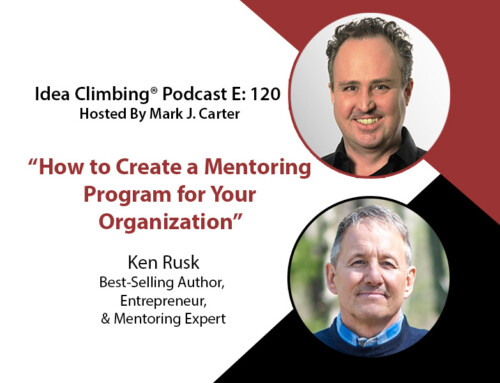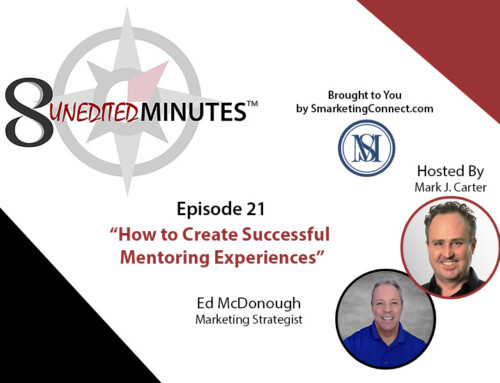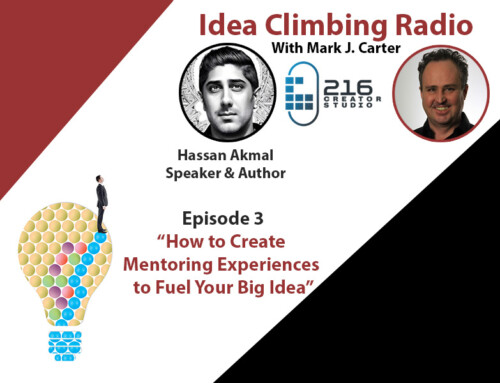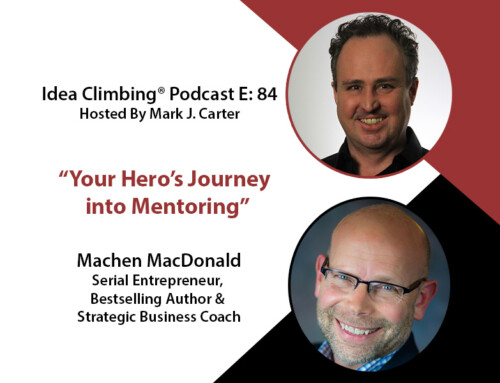Becoming a mentor isn’t an overnight process. You need to do more than just give advice (I wrote about creating a successful foundation for mentoring here). When you’re ready to help the next question is: How do you find the RIGHT people to help? Let’s look at…
Finding People to Mentor
Placing an ad, a post on social media or just telling people that you’re seeking mentees probably won’t work too well. Instead you should create opportunities for expression and advice. For instance, have conversations with people about your passions and what you’re working on. Why should you take this route? Because as a mentor, you don’t get to choose—the mentee gets to choose. True, you choose whom to give advice, but the mentee chooses what to do (or not to do) with that advice. The mentee gets to choose whether or not to come back for more advice. They need to take action and only they can do that for themselves. So, how can you actively find people to mentor if the mentee does the choosing?
Create Opportunities To Create Opportunities For Other People
Build networks of people with similar interests, passions and goals. These networks could be online at places like LinkedIn, Facebook and Twitter. They could be offline at nonprofits you volunteer for or professional organizations that you’re a member of. They should be both online and offline – that way you have more opportunities for communication. Why is this important? Because when you’ve created these networks then you need to observe AND interact with them. Conversation is key and you can create more conversations when you interact in more places. This will let potential mentees find you. When they find you here are a few key points for being a great mentor:
- Identify people’s actual, raw talents and then help bring them to the surface.
- Send them down paths without holding their hands, but let them know you’ll be there to provide advice, support and connections. Your job isn’t to pick the path but to send them on a path, sort of like a treasure hunt: get them oriented and let them go do something on their own.
- Be sure with each mentoring session that you’re focused on at least one of the following: 1) solving a problem and/or 2) creating an opportunity (again, you do this by offering advice, support and connections).
- Create a sense of self confidence for the mentee grounded in real world results. Note: For a self-esteem boost, don’t say, “I think you did (or can do) great things.” Instead, say, “I think you did (or can do) great things because…” and tell them exactly why you believe this, with solid examples.
Where can YOU reach out today to create a mentoring opportunity?





